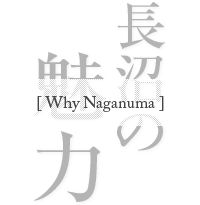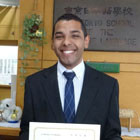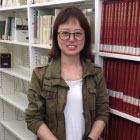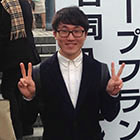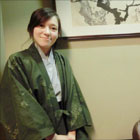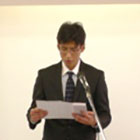Thairo Rocha
Graduated in March, 2017
Home country: Brazil
Currently working at a Japanese-affiliated company
Remembering my “Treasures”
I came from Brazil, the soccer kingdom, and have studied at Naganuma for a year and a half. About 15 years ago, I was introduced to the Japanese culture for the first time in class by a middle school teacher – it was an ‘origami’ class. I remember it clearly as if it just happened yesterday. We learned how to make a crane and it was quite difficult. But after some efforts, I was able to make it. I was very impressed looking at the simple but delicate shape of an origami crane. Then I came across to budo and experienced karate and aikido.
Click to readSeveral years later after I graduated college, I had an opportunity to come to Japan and to know Japanese culture in depth. I studied Japanese a little before coming to Japan, so I was placed in class D1 at Naganuma. What was shocking for me was the load of homework and the large number of classmates who came from countries using Chinese characters.
In the class at Naganuma, we do not only study Japanese grammar but there are discussions with classmates, optional classes introducing many aspects of the culture, Japanese lessons on usages of language when speaking to elders and seniors and many other activities. In addition, there is an off-campus tour every school term.
All these bring me back the happy memories of Naganuma days. It was here at Naganuma that I learned what is important in order to live in Japan and what the Japanese people think regarding various topics. Thanks to the lessons at Naganuma , I became capable of speaking to the Japanese what I have on my mind. My appreciation to the school is beyond words.
There may be some who feel that he/she is made to do more homeworks and write more compositions than necessary but the time will definitely come in the future when you appreciate the vigorous lessons. I am presently working at a branch office of a Japanese company. I think it is because of the strictness of the Naganuma teachers that I am now enjoying a pleasant career. In other words, it is love that is behind the strictness. I will never forget the days that I spent at Naganuma. My way of repaying what the school gave me is to continue enhancing my Japanese skills and make more use of it in my life. Once again, thank you , Naganuma.


